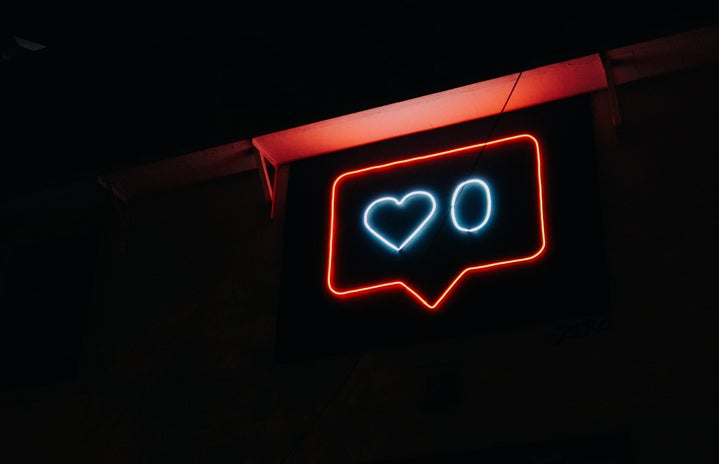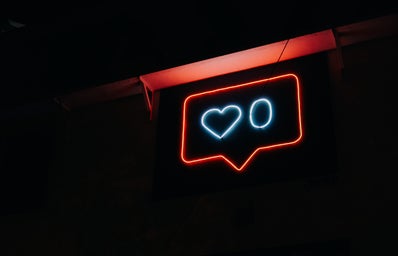A lot of women have a detective-like instinct to uncover what’s unknown to us, including myself. Whether it’s eavesdropping on people’s conversations on the Campus Connector or looking over at the phone of the guy sitting next to you in Coffman to see what music he’s listening to, we can’t help but get a feeling of satisfaction whenever we figure out some new truth. This is especially true when meeting new people and starting new relationships. When it comes down to this, numerous college students turn to online dating apps. Tinder, Bumble and OKCupid have made it so much easier to venture outside of our comfort zones to meet that special someone (without actually venturing outside). Though apps like these are great, there’s a certain level of uncertainty that comes along with meeting someone online.
I recently started using Bumble in an attempt to try something new and possibly make connections. I was excited when I instantly started matching with other people and began having nice conversations with them. I was pleasantly surprised when one guy I’d been talking to asked me out for coffee. Then suddenly, I was hit with the realization that I would be meeting up with someone who’s practically a stranger to me. I knew I had to do my research.
But why did I feel such a strong need to stalk this guy on social media first? What was I really afraid of?
I believe that there is a feeling of self-responsibility in every woman to protect herself from emotional and physical harm. Too many times, women put so much time and attention in a conversation with someone online, only to be hurt and betrayed when that person isn’t the real deal. An article from popular online dating site eHarmony states that 53% of people lie on their dating profile. Serious issues such as catfishing, fake profiles and misleading information can put women in harm’s way and lead us to question who we can put our trust and faith into—a feeling that has been further amplified by society today. For example, the MTV show Catfish really emphasizes the crushing reality of finding out that you could potentially be talking to someone who is not who they say they are (thank you Nev Schulman).
There’s undoubtedly a stigma surrounding social media stalking, but the reality is that not everyone is truthful about who they say they are online and many of us have had to learn that the hard way. Women also can be at risk of being put in a dangerous situation by not knowing the true motives of the person we meet in real life. We aren’t out crazy for social media stalking, because we as women need to protect ourselves from any harm and advocate for the women who may have been victims in these kinds of situations.
So go on with your social media stalking spree! Don’t stop until you know exactly who you’re talking to, and don’t let anyone judge you because you deserve to be treated well and to be treated with respect.


